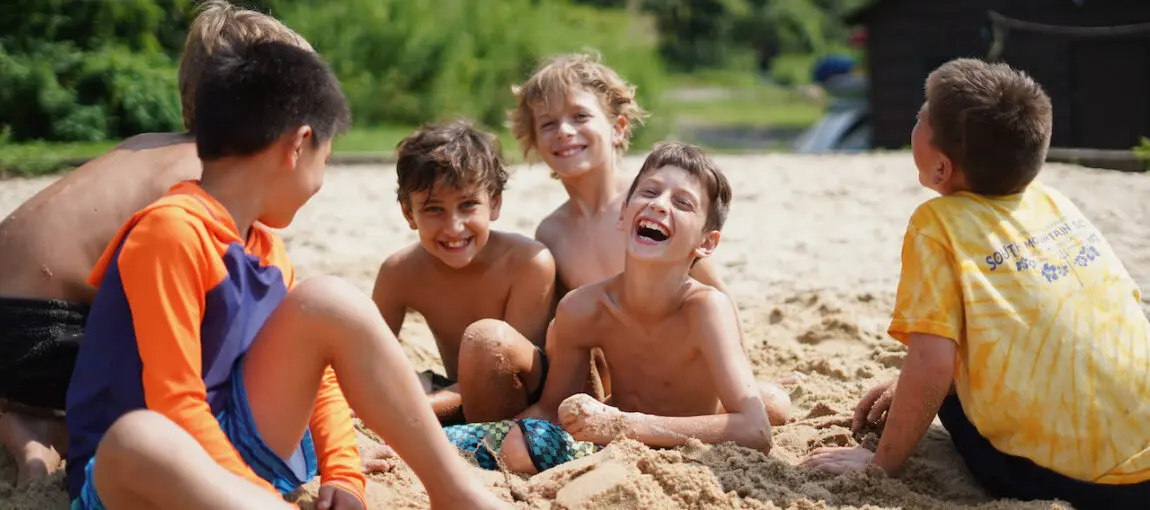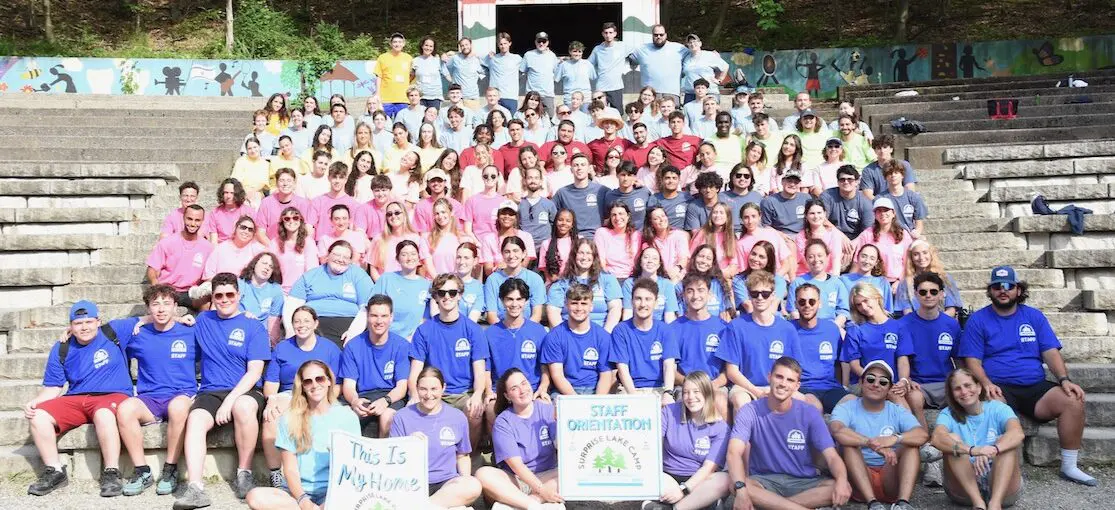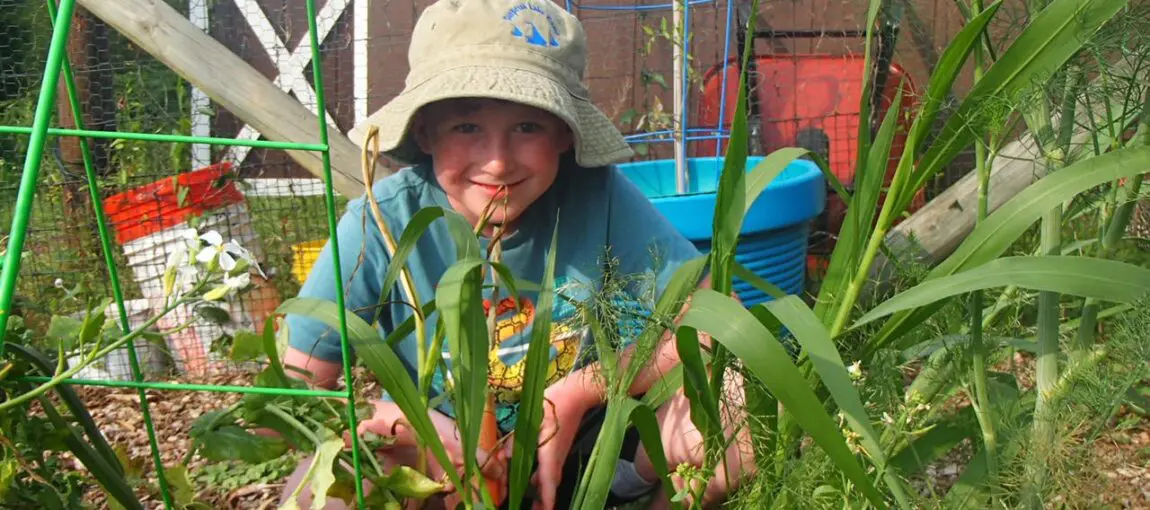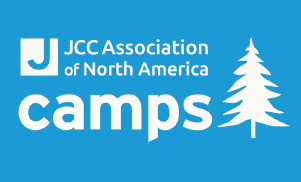
Conquering Separation Anxiety for a Successful Camp Experience
Your plans are set: it’s almost summer, and sleepaway camp drop-off day is quickly approaching. Although attending summer camp can be an enormously positive experience, it’s normal for kids to be apprehensive about leaving the security of home and family for the first time. In fact, separation anxiety in children is extremely common (as is parental separation anxiety). Symptoms of separation anxiety in children include:
- Stomach discomfort or nausea
- Trembling
- Lightheadedness or dizziness
- Difficulty sleeping
- Crying, whining, or being clingy
- Worrying excessively
- Avoiding being separated from you, even for as little as a few minutes
The good news is that each episode of nervousness provides an opportunity to develop healthy coping strategies that will be useful in a wide variety of situations. You and your child can eliminate some jitters by talking about them and planning ahead. Here are some ways you can manage or eliminate separation anxiety in both you and your child—and set your camper up for success at overnight camp.
How To Cope With Separation Anxiety Before and At Camp
As you prepare your child for overnight camp from both a logistical and emotional standpoint, follow these simple dos and don’ts for coping with separation anxiety.
The Don’ts
Avoid these common mistakes in talking to your child about their upcoming camp experiences:
Don’t tell your child they can come home if they don’t like camp: Although it can be tempting to placate your child by giving them an “out,” this can ultimately set them up for failure, not for developing healthy coping skills. Remember that overnight camps exist to nurture and strengthen children, not present them with insurmountable challenges. Telling your child that you will rescue them at the first sign of trouble communicates two counterproductive things:
- That you expect them to have deal-breakingly negative experiences at camp
- That they should rely on others to “rescue” them from even mildly challenging situations rather than making their own positive changes and decisions
Don’t let your child see that you are anxious: As a parent and protector, it’s completely normal to feel a bit anxious about encouraging your child to be away from home for an extended period of time. But kids pick up on their parents’ emotions, and letting them see your anxiety sends the message that they should be anxious, too. It also doesn’t create a good blueprint for achieving personal growth, since your child can’t become resilient or self-reliant without embracing new challenges and occasionally leaving their “comfort zone.”
Still, parents need coping strategies, too! A general rule of thumb is to avoid dwelling on the worst (or even moderately negative) possible outcomes and plan ahead for them instead. This will help you feel in control instead of allowing yourself to wallow in worry.
Don’t focus too much on what makes your child anxious: As you talk to your child about some of the things they can expect at camp, frame the discussion in a positive a light. Don’t ask leading questions designed to get them to admit to anxiety, such as, “Are you worried about making new friends?” Instead, ask open-ended questions about their feelings, like “How do you feel about making new friends?” This will allow them to acknowledge, discuss, and process their actual feelings on the subject, not the ones you are (intentionally or otherwise) implying they should have.
Don’t trivialize or dismiss their anxieties: Of course, it’s also normal for your child to be somewhat apprehensive about some aspects of the overnight camp experience, even if you’ve been careful not to put your own jitters on display. But dismissing or invalidating them out of hand can make your child feel alone in their worry, which can actually worsen their anxiety. It may also discourage them from coming to you for help with problems in the future.
The Dos
Use these strategies to encourage your child to have positive feelings about going to camp and feel more secure about their plans:
Do discuss your means of communicating with your camper: A healthy alternative to “bailing out” your child from camp is discussing how you will communicate with them while they are there instead. Find out what kinds of communication your camp allows and encourages (letters, emails, etc.) and talk to your child about which method and frequency makes the most sense. Then stick to your communication plan.
Do discuss new experiences they can expect to have: Talk to your child about some of the new experiences they will have at camp, such as eating new foods, sleeping in a different bed, and sharing a bunk with other children. This will help mentally prepare them for these situations. While it’s true that covering the basics may awaken some anxieties they didn’t know they had, it’s much better for your child to think ahead and do what they can to prevent problems.
Do empower your child to make choices as you prepare them for camp: Involving your child in the processes of touring and choosing camps, shopping for supplies, and packing can help them take ownership of their situation—and even get them excited about it. Allow them to make some of their own choices (within reason) in each of these processes. This will help them develop planning skills, feel more prepared, and as a result, feel less anxious.
Do empathize with any concerns they have: If your child is (understandably) worried about some aspects of camp, listen to them and empathize, then discuss their concerns in terms of realistic outcomes. Talk to them about things they can do now to prepare for situations that make them nervous. For example, if they are afraid of the dark or being away from you, consider organizing a practice sleepover with a friend or relative, or packing a special flashlight. Then talk about what they can do and who they can go to for help if they become afraid while at camp.
Set Your Child Up for Success With Surprise Lake Camp
Did you know that Surprise Lake Camp has its own Camper Care Team to help campers through homesickness? The team includes a variety of mental health professionals. Personable and experienced, these specialists help watch for and address any potential issues, from homesickness to social dynamics. Take the next step: explore our first-time camper experiences and request more information. Then come for a tour!
Surprise Lake Camp is a nonprofit organization that provides a home away from home for generations of young people. We believe in the value of community and friendship. Our Jewish values and identity shape our connection to nature. We’re dedicated to helping young people unplug, grow, and develop values, confidence, and skills to last a lifetime, adding to SLC’s storied history as the nation’s longest-running Jewish sleepaway camp.
When you make a charitable gift to Surprise Lake Camp, you give children life-changing experiences. Partner with us to provide campers confidence, growth, friendships, and Jewish identity. Donate today!











